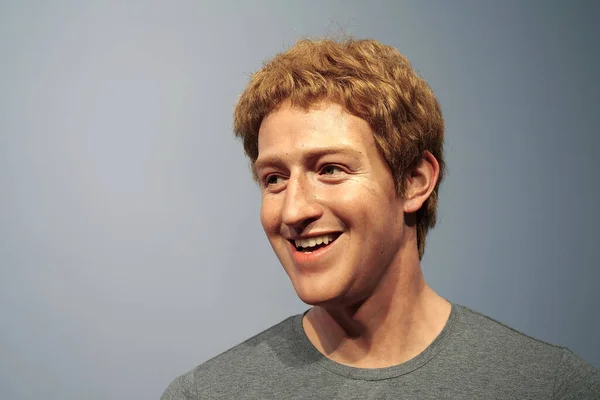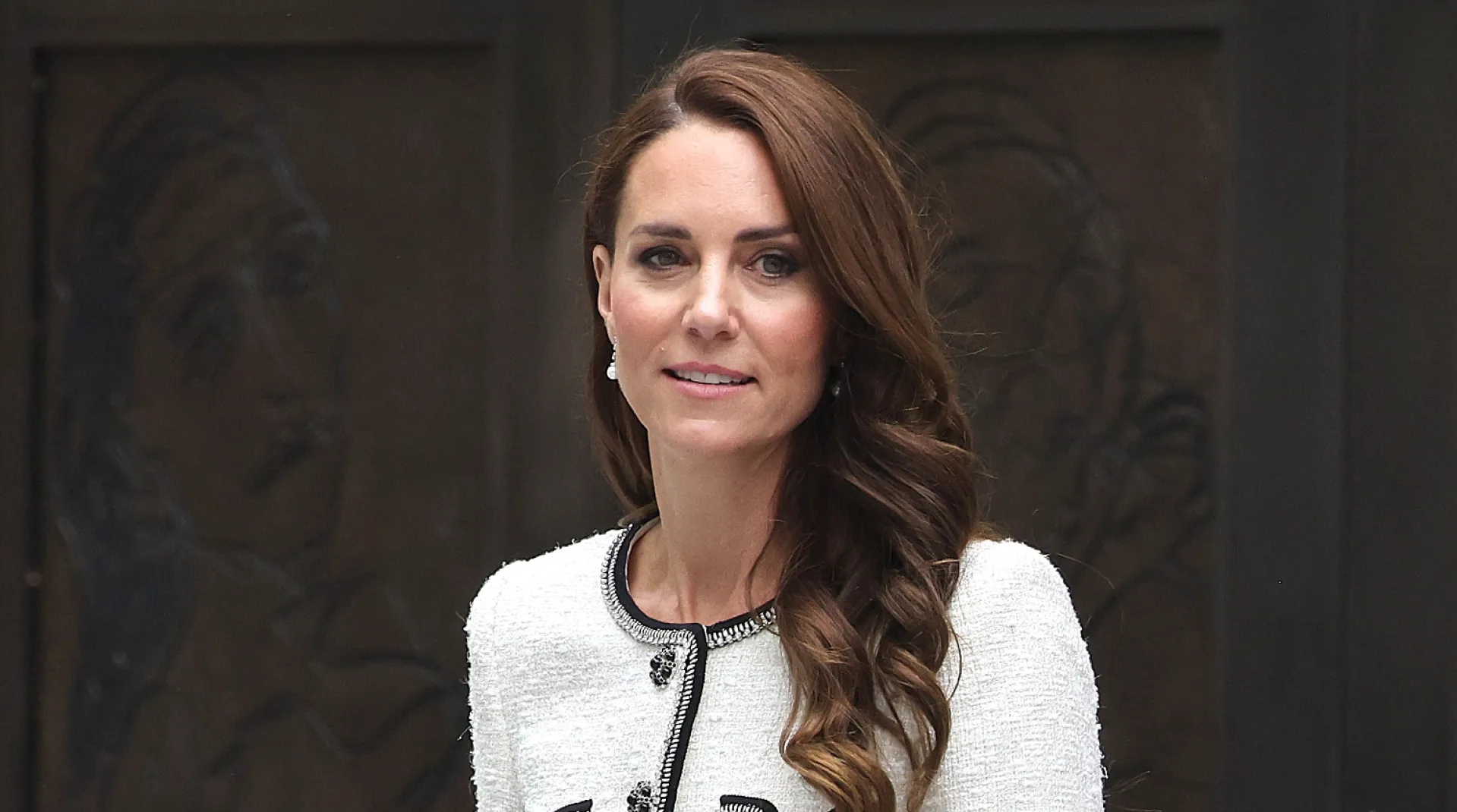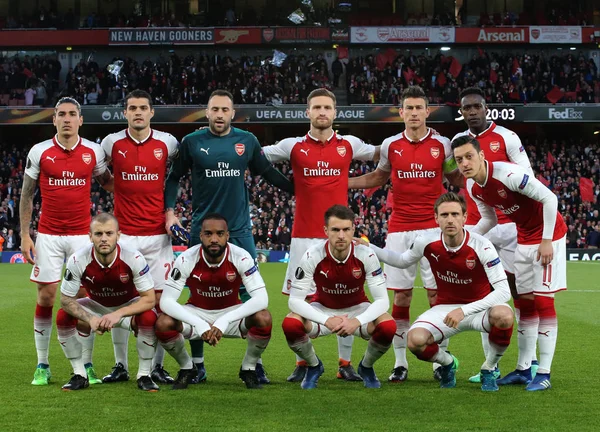Mark Zuckerberg Defends Meta Amid FTC Battle: The Untold Backstory of Instagram and WhatsApp

During a high-stakes antitrust trial, Meta CEO Mark Zuckerberg defended his company’s controversial acquisitions of Instagram and WhatsApp, directly countering the Federal Trade Commission’s (FTC) claim that Meta illegally created a social media monopoly. Over ten hours of testimony, Zuckerberg presented his side of the story, offering rare insight into his mindset regarding Meta's strategy, competition, and the ever-shifting digital landscape.
Interestingly, court documents revealed that Zuckerberg had anticipated a scenario like this years ago. In a 2018 internal email, he acknowledged the growing public and political pressure to break up tech giants and suggested the possibility of spinning off Instagram and WhatsApp. He even argued that many companies often perform better after such splits, though Meta ultimately chose to retain both platforms under its umbrella.
The FTC trial brings enormous stakes for Meta. A loss could mean being forced to divest from Instagram and WhatsApp, which have become integral to the company's ecosystem. Zuckerberg’s testimony painted a picture of a company adapting to evolving threats, from newer platforms like TikTok and YouTube, to the internal challenge of staying innovative and relevant in a fast-paced digital world.
Documents from the trial showed that Zuckerberg was already concerned about Instagram and WhatsApp as competitors before their acquisitions. In 2011, he admitted in an email that Instagram had surpassed Facebook’s photo app in usability and popularity. This realization ultimately led to the $1 billion Instagram acquisition in 2012, a move now central to the FTC’s case against Meta.
Another internal message from 2012 highlighted the urgency of Meta’s acquisitions. Zuckerberg told then-COO Sheryl Sandberg that Instagram’s rapid growth and Messenger’s underperformance left them with no choice but to buy out the competition. His fears extended to WhatsApp too. In 2013, Zuckerberg expressed concern it could soon outpace Facebook and Instagram in key markets, prompting Facebook’s $19 billion purchase of WhatsApp in 2014.
Despite early concerns, Zuckerberg testified that after meeting WhatsApp co-founder Jan Koum, he believed it was “extremely unlikely” the app would build features rivaling Facebook. Nonetheless, he justified the acquisition by saying Meta helped improve both WhatsApp and Instagram, offering better user experiences than they might have delivered independently.
Zuckerberg acknowledged during the trial that Facebook’s core use — sharing with friends and family — has been declining. Referencing a 2022 internal document, he confirmed that traditional social behaviors like friending and feed-sharing are waning, with users increasingly preferring private messaging over public posts.
In closing, Zuckerberg emphasized that Meta now faces intense competition from platforms like YouTube and TikTok, which dominate younger audiences. He noted the rise of video content and mobile technology as key factors in this shift. Despite Meta’s broad reach, he admitted that users now spend more time on YouTube than on Facebook or Instagram, illustrating the competitive pressures facing the tech giant.
What's Your Reaction?















:format(webp)/cdn.vox-cdn.com/uploads/chorus_image/image/70136881/1347078605.0.jpg)





